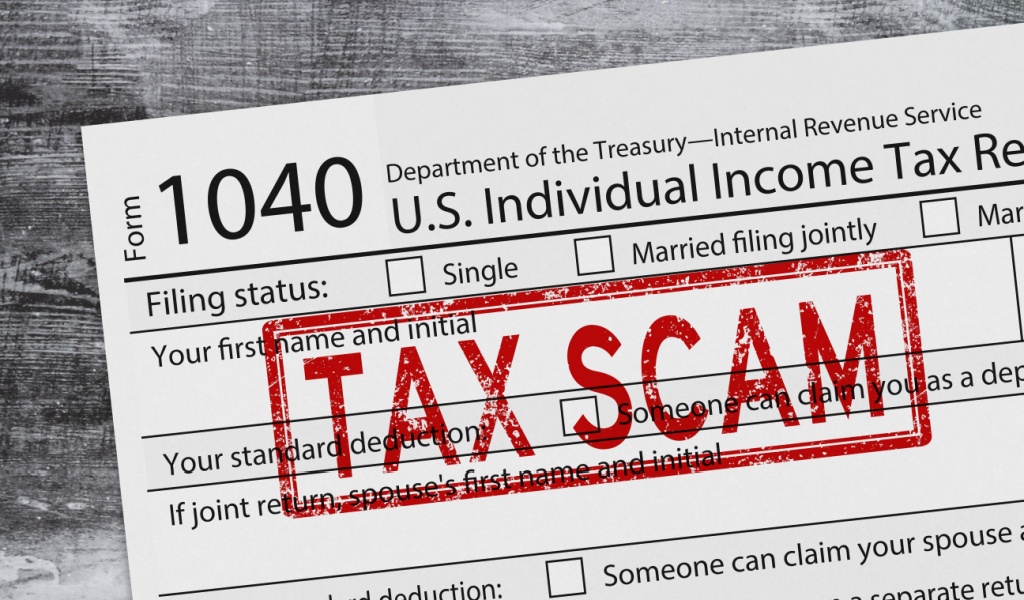Getting a quality education shouldn’t be so difficult to afford regardless of who you are or where you come from. Unfortunately, it is, making student loans an unavoidable aspect of going to college for most people. The most baffling part of it is that a loan that people usually take out in adolescence can last well into their 20s and 30s to pay off.
However, with the right strategy, there are ways to pay off your student loans much quicker and more efficiently. As part of concocting the perfect student loan repayment plans, it is important to know the key mistakes to avoid as well. Let’s go through them:

Lying on Your Application
For most people, student loans are their first taste of adulthood as it is probably one of the very first major life decisions they will make. Therefore, they may not realize the seriousness of being absolutely upfront about everything on their student loan applications.
Knowingly or unknowingly, you may want to embellish or downplay certain aspects of your life on the application, but there is no place to hide from the truth as schools audit all financial aid applications. If you are caught falsifying information on your student loan applications, you may be hit with fines, lose your loan entirely, or in the worst-case scenario, sent to jail!
Borrowing More Than You Need
Students get to taste their first dose of freedom when they go to college – both personally and financially, so it may be tempting to use student loans to finance a lifestyle of fun. But keep in mind that student loans are meant to cover education and basic living expenses, i.e., books and boarding, not booze. After all, you will have to pay back all of it.
Instead, consider taking up a part-time or freelance job so you can make some money on the side. This way, you would not have to borrow as much. If you receive a higher loan amount than you actually need to survive, instead of splurging on unnecessary items, put the extra money in a high-interest savings account. This way, you’ll get a head start on paying back your loans once you graduate.
Registering for the Wrong Repayment Plan
When picking a repayment plan, it may seem like a good idea to pick the one with the lowest per month payments. However, this also means that you will be stuck repaying the loan for a much, much longer time. It also means that the overall interest you pay is much higher.
The best way to pay off student loans is to do so as quickly as you can afford to do so. Experts recommend budgeting no more than 10% of your monthly income to go towards student loan repayments, and they say that 10 years is a good time period to plan for. Once you get past an entry-level salary, you can re-evaluate your finances and increase that percentage if possible.
On the other hand, it may make sense for you to go with an income-based repayment plan if you are considering forbearance or deferment for your federal student loans. Since monthly payments are calculated based on your discretionary income and family size, you are much less likely to default on payments. However, keep in mind that such plans do come with longer time periods attached, and not everyone will get student loan forgiveness.

Not Signing Up for Autopay
Did you know that enrolling in autopay can actually save you 0.25% on your student loan interest rate? This may be one of the easiest ways to save money on your student loans, so it only makes sense to do it!
Enrolling in autopay is easy to do. All you have to do is connect your bank account with your student loan account so your servicer will receive monthly payments automatically. Plus, it is a way to make sure that you do not forget to make monthly payments, and therefore avoid paying extra fines or charges. That’s what I call a win-win in my book.
Overlooking Refinancing
If you haven’t considered refinancing your student loans, it may be time to take a look right now. Interest rates fluctuate over the years, so it is very much possible that the market rate has dropped since the time you signed up for the loan. Refinancing your loan gives you the chance to get a lower interest rate, lower monthly payment, or both.
If you have taken out multiple loans, refinancing them will help consolidate them into one, which is also a great way to save money. Furthermore, once you’ve already refinanced your loans, you can do so again with a lower interest rate. There are also no extra charges such as application fees, origination fees, or prepayment penalties either.
However, keep in mind that by refinancing your student loan you are converting it from a federal loan to a private one. This will mark your exit from the federal loan program, making you ineligible for possible income-based or loan forgiveness programs in the future. There are also mandatory requirements for refinancing eligibility, such as a job or a signed job offer, a credit score of 650 or more, and a low debt-to-income ratio.
Not Paying During Student Loan Reliefs
Not everyone may have money to pay off student loans during relief periods, such as now – a global pandemic, but if you can find the money for it, you should definitely continue payments without pause. The federal government has temporarily suspended student loan payments since March 2020 as part of their COVID aid. This forbearance has saved student loan borrowers $5 billion each month for almost two years.
However, even if you cannot make the full amount as you were paying pre-pandemic, you can still pay as much as you can afford. It’s a good idea to do so because along with forbearance, the government has also stopped interest accrual on student loan payments. This means that every penny that goes towards your federal student loans will reduce your current interest and make a direct impact on your principal student loan balance because when repayments start, your interest rate will be based on a lower student loan balance. So, it only makes sense to take advantage of this once-in-a-life opportunity to pay off student loans without accruing any new interest. If you can make a lump-sum payment, all the better!



